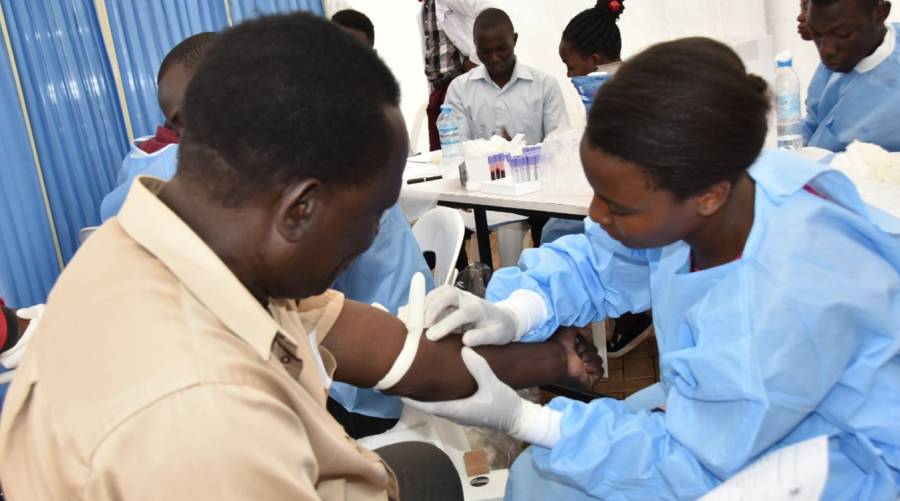
GENEVA: The World Health Organization’s 2023 Essential Diagnostics List (EDL), an evidence-based inventory of in vitro diagnostics (IVD) for aiding countries in making informed national diagnostic decisions stands out for two additions -- it incorporates three tests for hepatitis E virus (HEV), including a rapid test designed to assist in the diagnosis and surveillance of HEV infection, and it recommends the inclusion of personal use glucose monitoring devices, aligning them with the existing recommendations for diabetes management.
Hepatitis E is a global concern, manifesting as both outbreaks and sporadic cases. While most individuals recover completely, a small percentage, particularly pregnant women, face the risk of acute liver failure, with mortality rates reaching up to 63.6%. By adding these diagnostics, governments can be better equipped to manage outbreaks and effectively handle the often under-reported cases of Hepatitis E infection.
Likewise, diabetes, a chronic ailment that claimed 1.5 million lives in 2019, significantly impacts lower-middle-income countries. The incorporation of personal glucose testing devices in the EDL could substantially improve disease management, leading to a reduction in adverse outcomes. The report says that through the EDL, countries can enhance their access to diagnostics, subsequently leading to better patient outcomes.
Dr Tedros Adhanom Ghebreyesus, the WHO Director-General, highlighted the critical role played by diagnostics during the early stages of the Covid-19 pandemic, emphasising the importance of the WHO EDL in providing evidence-based recommendations to guide local decisions, thereby ensuring the availability of crucial and reliable diagnostics for healthcare workers and patients.
Apart from the additions related to HEV and diabetes, the 2023 EDL also encompasses various other crucial tests, including those for endocrine disorders, reproductive, maternal, and newborn health, as well as cardiovascular health, all of which contribute to increase the diagnostic capabilities in various healthcare facilities.
The WHO urges member states to develop national diagnostic strategies and essential diagnostics lists in alignment with its model list, emphasising the importance of strengthening diagnostics capacity, an initiative supported through webinars, workshops, and direct country assistance.
Updated biennially, the EDL not only aids in national in vitro diagnostics policy development but also guides the prioritisation of IVDs at different levels of the healthcare system. Additionally, it provides valuable insights to various entities including United Nations agencies, non-governmental organisations, and the private health technology and manufacturing sectors, assisting them in addressing global health challenges effectively.


